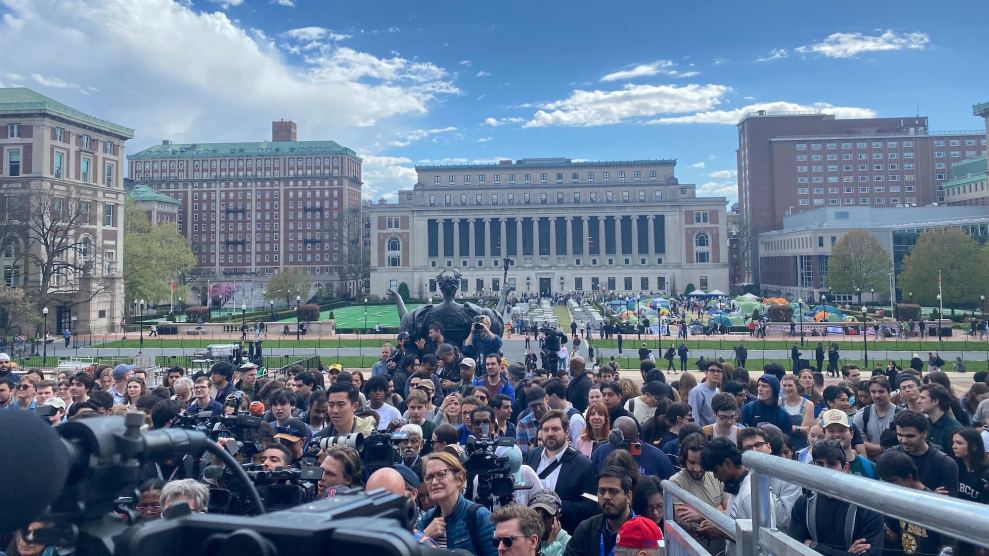If all goes as expected, Iraq will soon put in place a plan for a revamped oil industry that offers big international oil companies a free ride.
Iraq has bigger oil reserves than any country on earth – the reserves of just one Iraqi field oil equal those of ExxonMobil. As an added bonus, in Iraq exploration isn’t really necessary. Everyone knows where the oil is, all you’ve got to do is start drilling. Then, on top of these virgin fields, there are numerous unmapped areas in the western desert which promise to yield billions more barrels.
Under Iraq’s nationalized system, Saddam gave numerous contracts to companies from a variety of countries from Brazil to Vietnam, France to Russia. But these deals aren’t likely to hold up. Rather, people who have been carefully studying evolving law, expect the existing deals will be subsumed as minor appendages of the agreements with Big Oil.
The probable Big Oil winners are:
*Exxon-Mobil and Chevron of the US
*BP and Shell of the UK
*BHP Billiton of Australia.
The final arrangement ensures continuance of a single but weak state company — so nobody can say we are “privatizing” Iraq’s oil industry. But under the new law the state enterprise can cut contracts with private companies. This will be done through production sharing agreements (PSAs), where the nominal control of the oil will remain with the state, but for all practical purposes, it will be under control of the private firms. James Paul, executive director of the Global Policy Forum, a New York-based non-profit public interest group that tracks the Iraq play, told Mother Jones, “These reserves are estimated to cost $1 per barrel to produce and the sale of the crude will yield $50-plus on the world market.”
“The law allows for concessions to global oil companies as a way to achieve the highest benefit for Iraqis, taking into consideration fair competition between these companies regardless of their nationalities,” Oil Ministry spokesman Assem Jihad told the Financial Times, adding, “This law stresses that all oil revenues will go to a central fund and then will be distributed to all Iraqis in all regions and provinces according their populations.”
The details of the law are not known. The law will go first to the cabinet, then to parliament for final approval. Jihad said the government hopes to get the law passed and loose ends tied up within one month.
Hard line conservatives in the U.S. originally wanted to privatize the industry, but, Paul notes, the oil companies didn’t like the idea of getting tarred as old fashioned colonists. So they opted for the PSAs.
Iraqi oil profits can be parceled out to the different warring groups according to a formula now being worked out. It’s not feasible to just break up the business, handing bits and pieces to the Kurds, Sunnis and Shia, because Bush is talking about strengthening the central state with a workable army, police force, revamped commerce, etc. Since oil provides virtually the only revenues coming in, oil money is going to have to underwrite the economic future of the country.
The new oil law, which will shape the country’s future, says Paul, “is grossly undemocratic.” But there’s no fear oil will get re-nationalized. The International Monetary Fund has negotiated a financial arrangement with post-war Iraq with its usual conditions: Everything has got to be privatized and the free market must rule.















